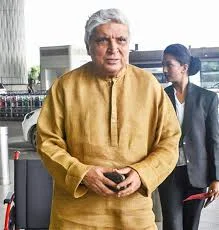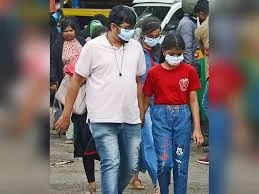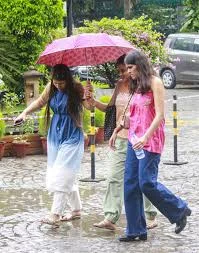Main Stories

31 May 2025, Saturday
Asia Pacific emerges as largest market for solar photovoltaic, India a bright spot
...

31 May 2025, Saturday
Javed Akhtar: India always took initiative to solve problems with Pakistan, latter hasn’t
...

31 May 2025, Saturday
Rashmika's mantra to deal with difficult times: Have faith that this day will pass!
...

31 May 2025, Saturday
S J Suryah apologizes to actor Nani for inadequate response to congratulatory message
...

31 May 2025, Saturday
Discomfort has a way of showing you just how much you are capable of, says Samantha
...
Gallery
Actress Tamanna New Glam Stills
02 March 2025, Sunday
Breakfast in Bed With White Tulips
19 November 2024, Tuesday
Cooked Food On White Ceramic Plate.
19 November 2024, Tuesday













